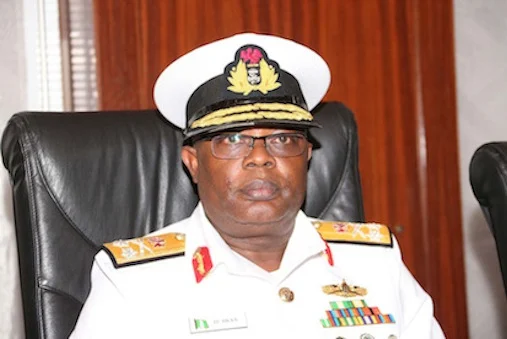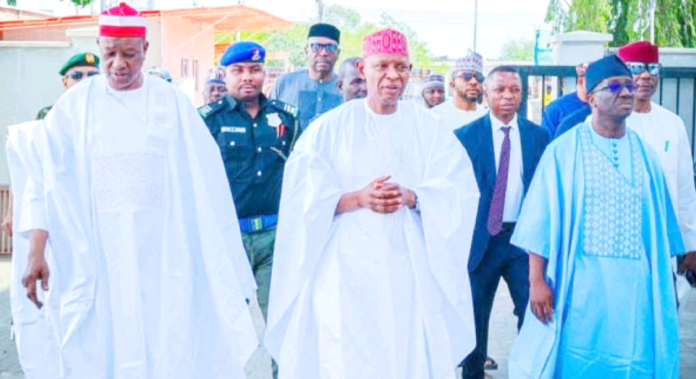President Bola Ahmed Tinubu's recent declaration of a state of emergency in Rivers State, leading to the suspension of Governor Siminalayi Fubara and the appointment of former Chief of Naval Staff, Vice Admiral Ibokette Ibas (Rtd), as the state's administrator, has sparked significant debate. Critics argue that appointing a retired military officer to govern a civilian population may evoke memories of past military regimes in Nigeria.
While specific comments from Audu Ogbeh on this matter are not available in the provided sources, the broader concern centers around the implications of such appointments on Nigeria's democratic processes. The appointment of Vice Admiral Ibas, a seasoned naval officer with a distinguished career in the Nigerian Navy, including roles such as Chief of Administration and Navy Secretary, is seen by some as a move that could undermine civilian governance structures. This perspective suggests that the federal government's decision might inadvertently signal a regression towards military involvement in civilian affairs, a sensitive issue given Nigeria's history.
It's essential to consider the context of this appointment. The state of emergency was declared following prolonged political crises in Rivers State, including the demolition of the House of Assembly building and escalating security concerns. President Tinubu emphasized the need for extraordinary measures to restore peace and order, stating that the intervention aims to address the constitutional breaches and ensure the protection of lives and property in the state.
Nonetheless, the decision has raised questions about the balance between ensuring security and upholding democratic principles. The appointment of military figures in civilian roles, even in interim capacities, can be perceived as blurring the lines between military and civilian governance, potentially setting concerning precedents for the country's democratic trajectory.

.jpg)







